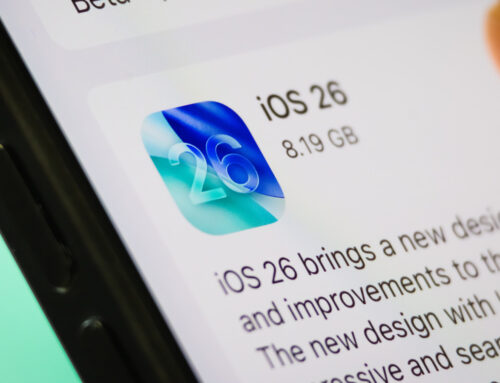Every year, Apple highlights in its iPhone keynotes how better its processors are compared to the competition. In the past few years, the Cupertino firm said the A14 Bionic, A15 Bionic, and A16 Bionic chips were up to 50% faster than the best processor available on an Android counterpart.
Now, a paywalled DigiTimes report (via MacRumors) corroborates with that by saying Qualcomm and MediaTek are unsure if they want to produce 3nm chips in 2023.
Qualcomm and MediaTek, however, have not yet made a clear decision on whether to join the 3nm camp this year, despite both hoping to keep up with Apple’s process upgrade for their flagship mobile SoCs, the sources continued.
The sources stressed that uncertain market outlook for non-Apple handsets and 3nm manufacturing cost already exceeding US$20,000 per wafer are likely to deter both handset AP specialists from launching 3nm SoCs later in the year.
For 2023, Apple is expected to jump from the 4nm process, which TSMC (the iPhone chipmaker) calls the “5nm enhanced” process, to a more modern 3nm technology. The Cupertino firm is expected to use this process with the upcoming Mac M2 Pro and M2 Max processors and the A17 Bionic reserved for the iPhone 15 Pro and iPhone 15 Ultra.
A smaller chip makes a device more powerful and battery efficient, and a previous report says the A17 Bionic, which is expected to use the 3nm process, will be 35% more power-efficient than its predecessor.
MacRumors highlights a quote from the DigiTimes report saying both Qualcomm and Mediatek are “caught in a dilemma over whether to follow Apple’s process upgrade in 2023,” although Qualcomm will need to adopt this technology if Samsung wants to “meet competition from Apple in the flagship handset market.”
As Samsung is about to release the Galaxy S23 series without this more advanced-manufacturing process, the South Korean company will be around four months behind Apple when the firm announces the iPhone 15 Pro with the A17 Bionic chip in later September 2023 and Samsung in February 2024.







